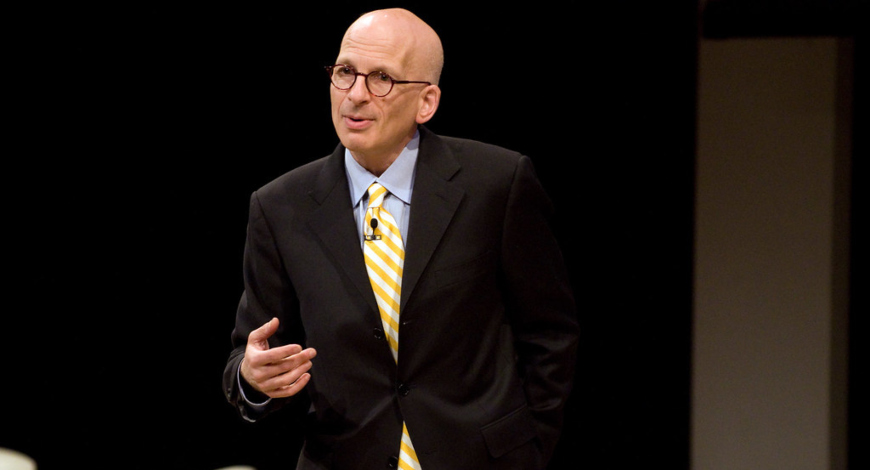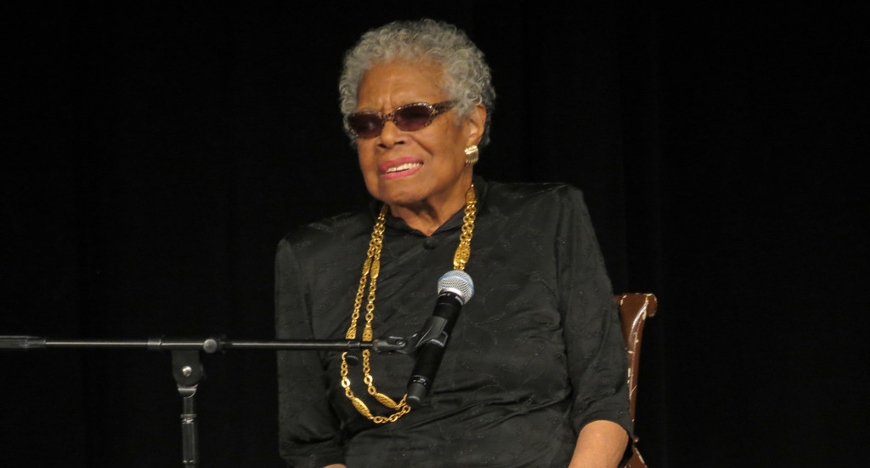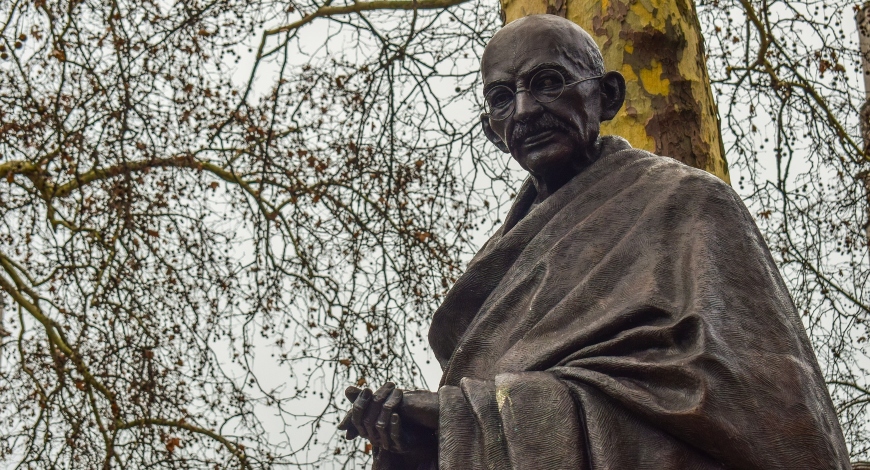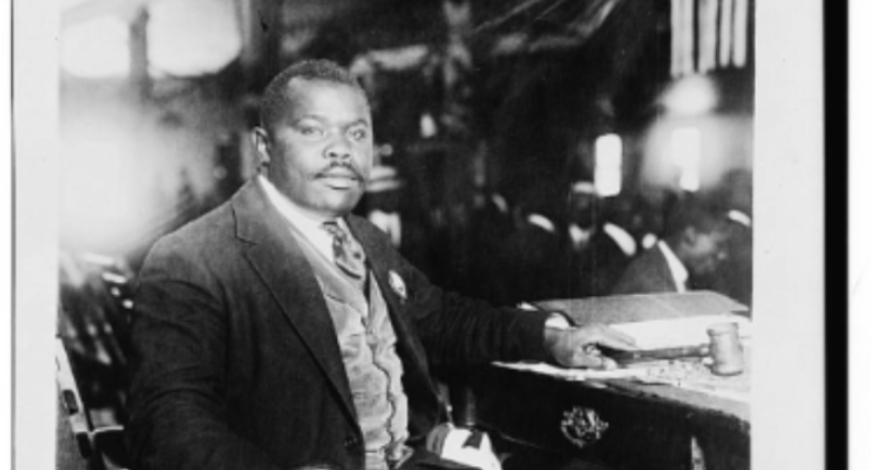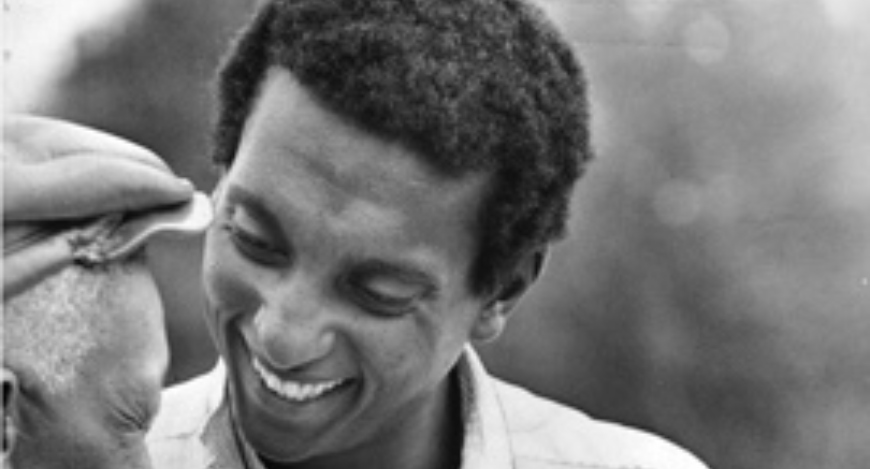There are few things more frustrating than having to wait for other people to decide your future, whether it be waiting for college admission, that lead role in the play, or making the baseball team. In all of these cases, somebody else has control over your future. Rather than live a life of waiting for the approval of others (which may never come), rely on yourself. Be different and chart your own path for success. However, relying on others and “playing the game” are also necessary for success, because they show you know how to be a good follower.
Enemies have a way of bringing out the worst in us. They make us act and think in mean ways. When we mimic the behaviors of our enemies we get revenge on them and feel a fleeting sense of accomplishment. But, in the process, we feel badly because we stoop to their level. Maybe resisting anger is a better way to respond. That way, we maintain self-control and draw attention to our enemy’s negative behavior and are able to preserve our own integrity.
When bad things happen, students have choices to make on how to protect themselves. Some choose to fight back against the people or events which caused them pain, thinking that they have the power to change the world into something better. Others recoil and focus on changing their internal attitude, hoping that by doing that, they can maintain happiness no matter what happens. The wisdom of what to do in different situations comes with experience.
We’re always telling children that it’s important not to complain about things and that it’s always better to be part of the solution, rather than the problem. If you don’t like your situation, then change it. We also tell children that it’s important to know when you can’t change things and to accept the world the way it is. In those situations it is our attitude that needs fixing. Knowing when to work towards change and knowing when to accept the status quo is a form of wisdom that can only be gained through experience.
The old adage “Just be yourself” looks good on paper but gets pretty scary in the real world when we must rely on our own instincts to make decisions. Dangers abound. What if we make a mistake and hurt somebody? These fears– fueled by lack of confidence– cause us to look to other people to do the thinking and acting for us. Our role models inspire us to be better, but sometimes they become convenient ways to escape the responsibility we have to be the best versions of ourselves.
Students confront problems everyday. Some are small like how to study for an exam or get a ride to school, and some large like how to support their friends who are in unhealthy relationships. All of these problems involve the choice of whether to intervene or do nothing and let the situation play itself out. Each choice is hard and leads to consequences.
Most teachers agree that skills and content are important components for a quality education. Debate erupts over which is more important. Some argue that teaching a person how to think should be the primary focus. Others argue that teaching content knowledge is more worthwhile. In the middle of this debate are the students who have very passionate ideas of what the purpose of school should be.
Peer pressure is real. Whether out of fear of being different or just plain lack of confidence, students love to follow the crowd. It’s safe that way; they get the rewards of being liked without the risks of alienation. But then sometimes conforming to the group strips away an individual’s dignity and self-worth and, in the worst of cases, leads to destructive decisions. Deciding when to follow the group– and when to go at it alone– is an ongoing moral struggle that students must resolve in school and beyond.
There’s no denying that confidence plays a role in success. What’s harder to determine is just what kind of role. Some say that a confident mindset going into a task is the most important ingredient for success. Others say the only way to be confident is to actually achieve something first. Students must determine for themselves how to gain confidence in a way that supports their happiness and positive sense of self-worth.
Children are taught from a young age that when they want something they should wait their turn until they are granted permission. Waiting cultivates patience. It shows good manners. This attitude works in some settings but when it comes to gaining respect from others, the whole idea of waiting becomes burdensome and futile, especially when other people treat you poorly. Sometimes, children should be taught to advocate for themselves to get people’s attention about injustice. Figuring out when to do this in the right way is a life-long moral challenge.
The old adage “Just be yourself” looks good on paper but gets pretty scary in the real world when we must rely on our own instincts to make decisions. Dangers abound. What if we make a mistake and hurt somebody? These fears– fueled by lack of confidence– cause us to look to other people to do the thinking and acting for us. Our role models inspire us to be better, but sometimes they become convenient ways to escape the responsibility we have to be the best versions of ourselves.
The feeling of being afraid is something with which all students can identify. Fear paralyzes and diminishes one’s ability to think, learn and form positive human relationships. Fear is something to be avoided at all costs, and that the proper attitude is to be open and be willing to take risks without fear of failure. Yet, sometimes fear can lead people to make smart, safe decisions and provide security in the midst of an unstable situation.

